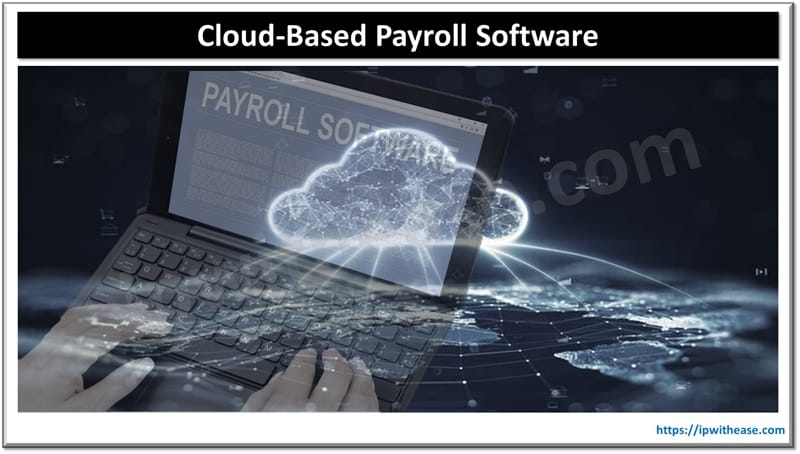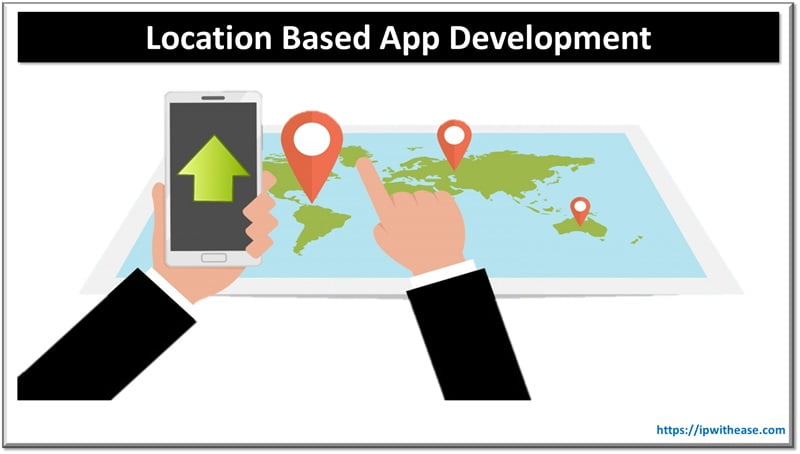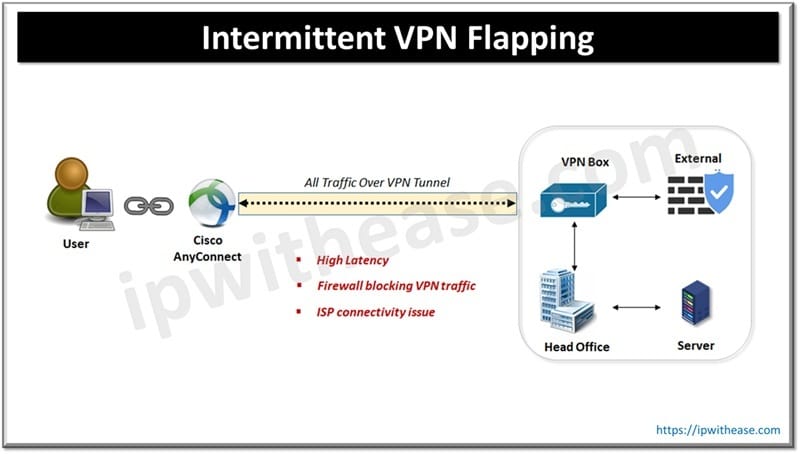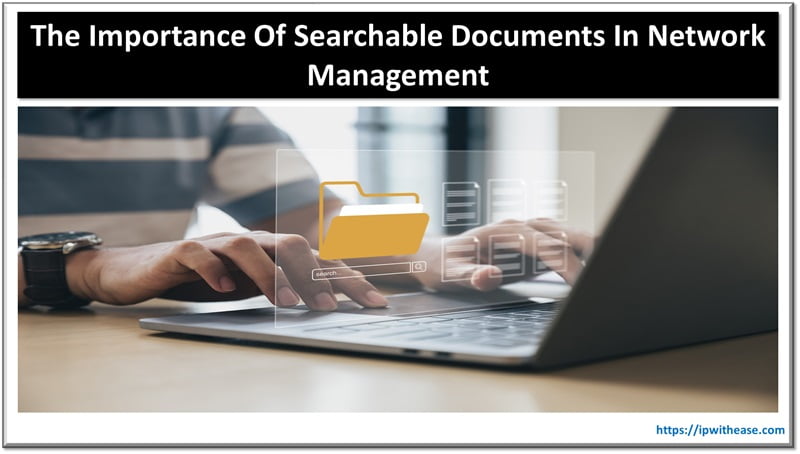Table of Contents
Recently, technology has made significant changes in various industries, and payroll management is no different. Many companies are now moving towards using cloud-based payroll software instead of sticking to traditional methods. This shift is motivated by the desire for effectiveness, precision, and adherence to regulations, all of which are crucial for handling employee salaries in today’s corporate world.

Enhanced Accessibility and Convenience
Cloud-based payroll software provides greater convenience for users compared to methods that require physical presence. These online platforms enable access from any location with an internet connection rather than being bound by a specific physical setup or location requirement. This adaptability proves advantageous for enterprises with distributed teams or multiple branches, empowering payroll professionals to handle tasks seamlessly without geographical limitations and ensuring timely processing of salaries and deductions.
Real-Time Updates and Accuracy
A key benefit of cloud-based systems is their ability to process data effectively in real-time, promptly update information to keep it current, and significantly reduce errors. This ensures that payroll calculations are accurate and compliant with changing regulations as they occur, automating routine tasks to minimize human mistakes and improve precision and reliability in payroll management. Additionally, real-time updates enable managers to make quick decisions by providing instantaneous access to the most up-to-date data, allowing them to act promptly based on the current information available.
Cost-Effectiveness and Scalability
Switching to cloud-based payroll software can also offer a budget-friendly option for companies. Conventional payroll systems typically require costs for hardware and software licenses. In contrast, cloud solutions often follow a subscription-based approach, where organizations pay based on their usage. This not only cuts down expenses but also offers flexibility for businesses to adapt their plans as needed due to expansion or downsizing.
Improved Data Security
Ensuring security is always a priority for any company managing employee data. Cloud-based payroll platforms utilize high-level security features like encryption and multi-factor authentication to safeguard information. Frequent security patches and backups enhance data security measures, providing companies with assurance that their data is well protected.
Integration with Other Systems
One important advantage of cloud-based payroll software is its ability to integrate seamlessly with other business systems. Whether it’s human resources management tools or accounting and time-tracking applications, these platforms ensure a smooth workflow process. Integration reduces the necessity for duplicate data entry, enhancing overall efficiency.
User-Friendly Interface
User-friendliness plays a significant role in how software is embraced by users. Cloud-based payroll systems offer interfaces that are easy to navigate for users of all backgrounds. Clear and intuitive dashboards, along with guided steps, streamline payroll procedures, making it simpler for users to maneuver through the system. Employees can grasp the software swiftly, resulting in lower training expenses and time.
Enhanced Compliance and Reporting
Staying updated on regulatory adjustments can feel overwhelming for any company. Cloud-based payroll platforms come equipped with functionalities that help ensure adherence to federal regulations, making it easier for businesses to comply without facing penalties due to missed tax deadlines or filings. Moreover, top-notch reporting features allow organizations to create reports that offer insights into payroll patterns and financial strategies, which are invaluable for decision-making.
Support and Maintenance
Cloud-based payroll services frequently provide assistance and consistent maintenance options to their clients, addressing concerns promptly and minimizing disruptions in day-to-day business functions. Automatic updates and enhancements ensure that companies can benefit from new features and improvements effortlessly, without the need for manual installations.
Conclusion
Transitioning to cloud-based payroll software marks a significant leap in managing payroll for businesses today. The advantages of improved accessibility, security, and real-time updates have convinced many organizations to make this transition. As technology continues to advance, cloud-based solutions are poised to play an even bigger role in streamlining payroll operations, ultimately leading us toward a future where manual processes become obsolete. Embracing this technology not only simplifies payroll tasks but also sets businesses up for success in the ever-growing digital landscape. These systems enable organizations to concentrate on growth and innovation without getting bogged down by administrative duties, thanks to their efficiency and adaptability.
ABOUT THE AUTHOR
IPwithease is aimed at sharing knowledge across varied domains like Network, Security, Virtualization, Software, Wireless, etc.



